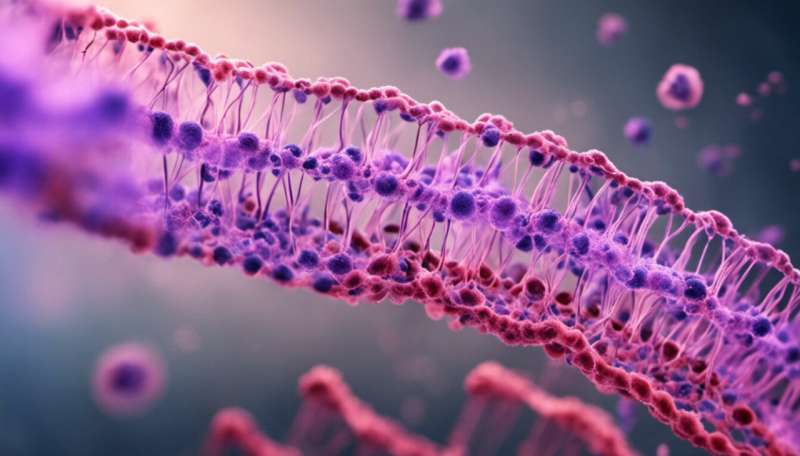Fast forensic test can match suspects' DNA with crime samples in 4 hours

A newly developed test could make checking DNA from people arrested for crimes with DNA samples from crime scenes stored in forensic databases almost as easy as matching fingerprints. With the test, police could check on whether a person's DNA matches that found at past crime scenes while suspects are still being processed and before a decision on whether to release them on bail. A report on the fast forensic test appears in the ACS' Analytical Chemistry.
Andrew Hopwood, Frederic Zenhausern, and colleagues explain that some criminals are arrested, spend less than a day in jail, and then commit crimes while they are out on bail. If police could quickly test the suspects' DNA, to see if their genetic material matches entries in crime databases, they may be able to keep the most dangerous people locked up. But currently, most genetic tests take 24-72 hours, and by the time that the results are back, the suspects often have been released.
To increase the speed of forensic DNA testing, the scientists built a chip that can copy and analyze DNA samples taken from a cotton swab. Forensic technicians can collect DNA from suspects by swabbing their mouth, mixing the sample with a few chemicals, and warming it up. The DNA-testing-lab-on-a-chip does the rest. The entire process takes only four hours at present. Hopwood and Zenhausern teams are already optimizing it and reducing the cycle time down to two hours. Once that is done, police could even double-check their DNA evidence before releasing a suspect.
More information: "Integrated Microfluidic System for Rapid Forensic DNA Analysis: Sample Collection to DNA Profile", Analytical Chemistry.
Provided by American Chemical Society

















